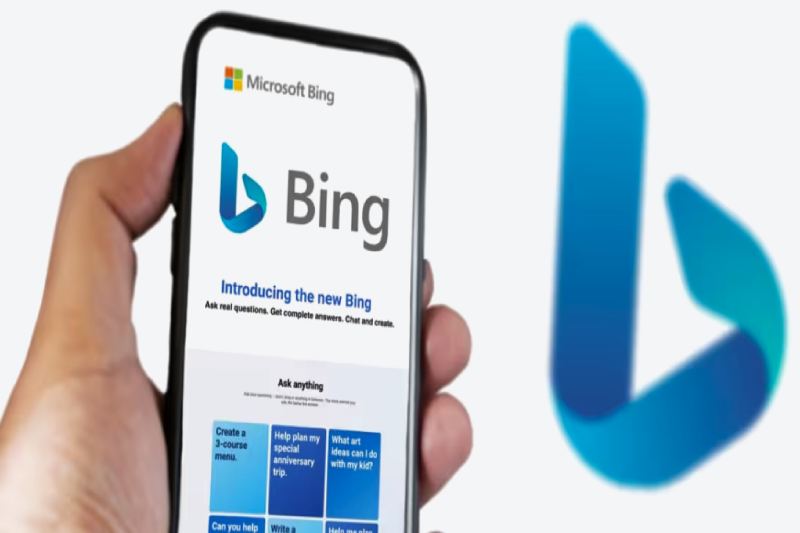Microsoft today unveiled Deep Search, a new generative AI feature that is optional and designed to assist users with difficult-to-answer questions.
How it functions. The web index and ranking system of Bing serve as the foundation for Deep Search. In order to generate a “ideal set of results,” it then employs GPT-4 to identify every possible intent and variation underlying the query and computes descriptions for each of them.
Results that would normally not show up in Search results are brought to the surface by Deep Search after utilizing a variety of querying strategies.
Microsoft provided an example query that demonstrated how a user searching for [how do points systems work in japan] might find additional relevant search terms using Deep Search:
- programs for loyalty cards in Japan
- Japan’s top loyalty cards for tourists
- Japan’s loyalty program comparisons broken down by category
- In Japan, redeeming loyalty cards
- utilizing phone apps to manage loyalty points
- “By doing this, Deep Search can find results that cover different aspects of my query, even if they don’t explicitly include the original keywords. Regular searches on Bing already consider millions of web pages for each search and Deep Search does ten times that to find results that are more informative and specific than the ones that rank higher in normal search,” MIcrosoft said.
Ranking of Deep Search results
How well a page matches Bing’s expanded description is the most important factor. Other relevant and high-quality factors that were mentioned included:
- How well the subject fits.
- Whether it has a “appropriate level of detail.”
- Whether the source is credible and trustworthy.
- Freshness.
- How popular the page is.
Wait periods. The results of Deep Search load more slowly than those of standard search. According to Microsoft, Deep Search could take up to 30 seconds to finish. This makes the feature seem unusable as soon as it is discovered, since most users won’t be very patient.
Currently limited in availability. While Deep Search is being tested, it will only be visible to “randomly selected small groups” of Bing users worldwide, according to a blog post from Microsoft.
Microsoft’s statement. In order to deliver “more relevant and comprehensive answers to the most complex search queries,” Microsoft claimed to have developed Deep Search.
“Deep Search is not meant for every query or every user. … Deep Search is not a replacement for Bing’s existing web search, but an enhancement that offers the option for a deeper and richer exploration of the web.”


